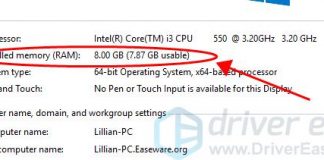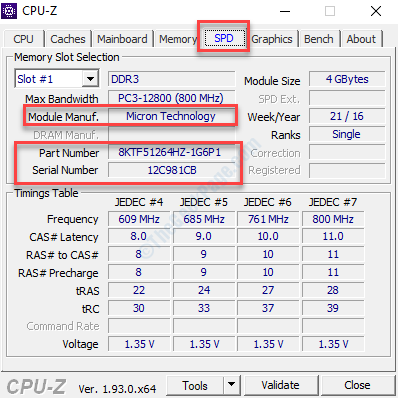

You can even exceed the maximum specified clock speeds, anything with a clock speed can be overclocked.Īlso Read: CPU Overclocking: Base Clock and Multiplier Overclocking Explainedĭoes RAM Speed Improve System Performance?īut what if you’ve got some extra cash to burn? Will installing faster memory improve your PC’s performance? The answer is a disappointing “Kind of”. But it’s not the maximum RAM speed that the CPU can handle. That is the minimum speed that is needed for the CPU to operate at optimal capacity. For example, the Intel i9 7900X CPU supports DDR4 RAM operating at 2666 MHz. Thus meeting the minimum supported speeds of the CPU and the motherboard is a good place to start.

If it turns out that your RAM speed is lower than the minimum required speed specified by the motherboard and CPU, then let’s just say that the system could behave unpredictably.Įxcept that it wouldn’t really take a crystal ball to predict subpar performance, or even the inability to boot up. Well, the easiest way to determine this is just to check the RAM speed supported by your CPU and motherboard. So, how much is too much, and more importantly, how much is not enough?


If your memory is incapable of transferring data quickly enough you will suffer a memory bottleneck. It’s even easier to imagine the detriments of slower RAM. If you think of RAM as a bandwidth, it shouldn’t be all that hard to imagine the benefits of faster RAM.


 0 kommentar(er)
0 kommentar(er)
